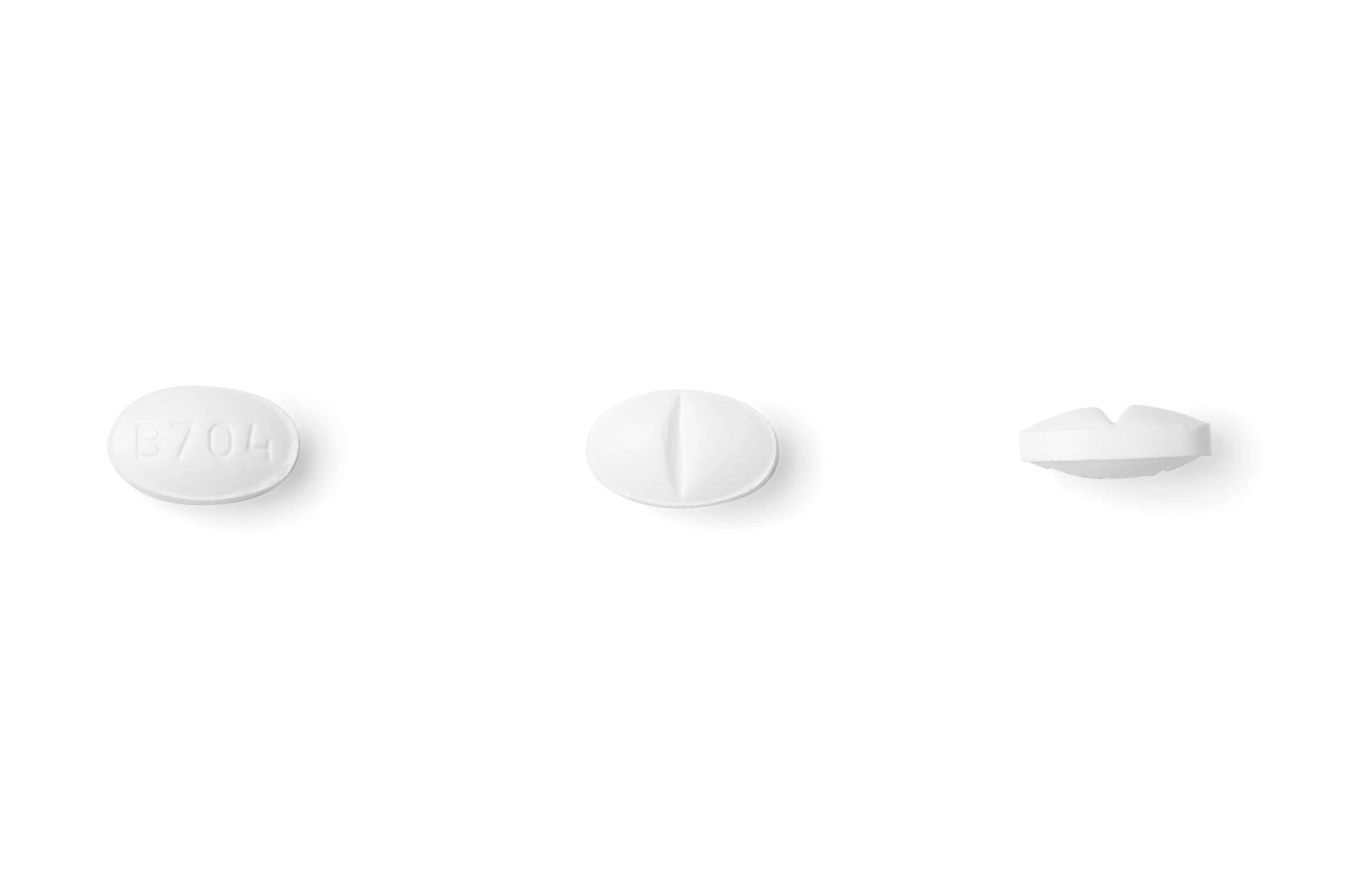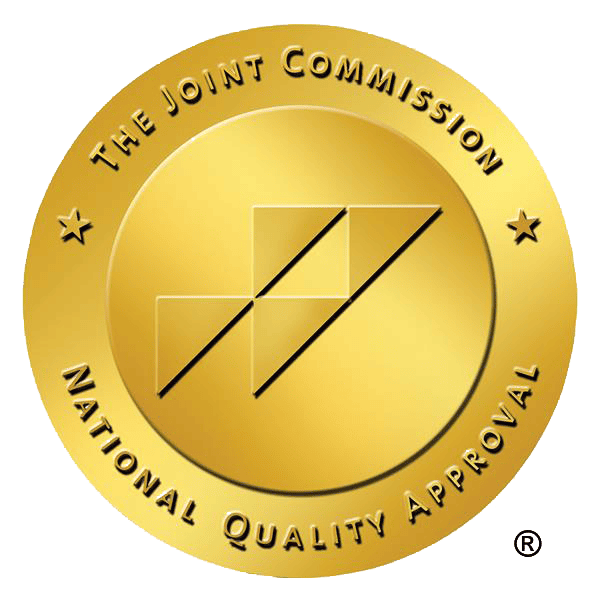Mixing Xanax and alcohol is a dangerous practice that can have serious consequences. When these 2 substances are combined, their adverse effects multiply and can lead to numerous risks, such as suicidal thoughts and overdose.
It is crucial for people to be aware of the harmful consequences associated with this combination and to seek help when they are addicted to both substances.
What Is Xanax?
Xanax is a prescription medication commonly used to treat anxiety and panic disorders. It belongs to the class of drugs known as benzodiazepines, which work by balancing brain chemicals that may become unbalanced in people with these conditions.
Xanax and Alcohol Dangers
The risks of mixing Xanax and alcohol are significant and should not be underestimated. Both substances act as central nervous system depressants, meaning they slow down brain activity. When combined, their effects intensify, leading to severe impairments in cognitive function, coordination, and judgment.
One immediate danger is an increased risk of accidents or injuries. The combination can cause extreme drowsiness, dizziness, and difficulty concentrating, making it more likely to fall and dangerous to drive. Another serious consequence of mixing Xanax and alcohol is respiratory depression. Both substances suppress breathing. When used together, this effect intensifies to the point where it becomes life-threatening. Severe cases may lead to coma or even death.
Furthermore, using these substances can negatively impact mental health. Both Xanax and alcohol are known to cause mood changes and increase the risk of depression, anxiety, or aggression. Mixing them can exacerbate these effects and lead to unpredictable behavior, impaired judgment, and even suicidal thoughts.
Risk Factors of Mixing Xanax and Alcohol
Several risk factors increase the dangers of mixing Xanax and alcohol. Firstly, individuals who have a history of substance abuse or addiction are at a higher risk. They may already be predisposed to dependence on one or both substances, increasing the likelihood of harmful interactions when used simultaneously.
Additionally, those with pre-existing mental health conditions should not combine Xanax and alcohol. These conditions can worsen, potentially leading to negative consequences.
It’s essential to note that individual tolerance levels differ greatly regarding these substances’ effects. What might seem like a small dose for one person may lead to significant impairment or overdose in another individual.
Effects of Mixing Xanax and Alcohol
Mixing Xanax and alcohol can have severe effects on physical and mental health. Combining these substances intensifies their individual side effects, leading to an increased risk of:
- Respiratory depression
- Impaired judgment and coordination
- Memory loss
- Blackouts
- Increased sedation
- Mood changes
- Increased overdose risk
- Co-occurring addiction and mental health conditions
Xanax Withdrawal
Xanax withdrawal refers to the physical and psychological symptoms that individuals may experience when they abruptly stop or significantly reduce their use of Xanax (alprazolam), especially after prolonged usage.
Symptoms of Xanax withdrawal can include:
- Rebound anxiety: The original anxiety symptoms for which Xanax was prescribed may return and be more severe initially.
- Sleep disturbances: Insomnia, vivid dreams, or nightmares are common during withdrawal.
- Irritability and mood swings: Individuals may become easily agitated, irritable, or prone to mood swings.
- Physical discomfort: Headaches, muscle aches, tremors, sweating, nausea, vomiting, and increased heart rate.
- Cognitive difficulties: Difficulty concentrating, confusion or foggy thinking, and memory problems can be experienced as the brain adjusts to functioning without Xanax.
Alcohol Withdrawal
Some common physical and psychological symptoms of alcohol withdrawal are:
- Anxiety
- Tremors
- Sweating
- Nausea
- Vomiting
- Insomnia
- Headaches
- Irritability
- Mood swings
- Agitation
In severe cases of alcohol withdrawal, individuals may experience more dangerous complications such as seizures or delirium tremens (DTs), characterized by confusion, hallucinations, high blood pressure, goosebumps, and irregular heart rate and rhythm.
Treatment for Xanax Abuse
Treatment for Xanax and alcohol addiction typically involves a combination of therapies and support to address both substance dependencies comprehensively using the following approaches.
Medical Detoxification:
Medically supervised detox helps individuals safely withdraw from Xanax and alcohol. This may involve gradually tapering off medication or using other medications to manage withdrawal symptoms.
Inpatient or Outpatient Rehabilitation:
Depending on the severity of addiction, individuals may undergo residential inpatient or outpatient rehab programs. These programs provide therapy, counseling, education, and support to help patients recognize triggers, develop coping mechanisms, and maintain long-term recovery.
Cognitive-Behavioral Therapy (CBT):
CBT is used in addiction treatment to modify negative thought patterns related to substance abuse behaviors. It helps identify triggers for drug use and alcohol consumption while teaching healthy coping strategies.
Support Groups:
Participating in support groups can be highly beneficial during recovery as it provides opportunities for peer support and accountability.
Aftercare Support:
Ongoing aftercare services such as individual therapy sessions, continuing participation in support groups, participating in alumni events, and relapse prevention planning are crucial parts of the recovery journey post-rehabilitation.
Take Control with Personalized Addiction Treatment in Austin, TX
Take control of your life and start your recovery journey free from Xanax and alcohol at The Prairie Recovery Center in Austin, Texas. We provide personalized addiction treatment programs tailored to meet your unique needs while providing caring, compassionate, comprehensive care for lasting healing.
Contact us today to take the first steps to a healthier, happier future free from addiction.






